A prominent cancer research lab is up to three retractions and six corrections for “highly similar” images in papers published between 2018 and 2022.
The lab is led by Kounosuke Watabe at Wake Forest University School of Medicine in Winston-Salem, North Carolina. Watabe holds one of three Wake Forest professorships all funded by a $2.8 million donation for cancer research in 2016.
Each of the retractions and corrections came after sleuth Kevin Patrick raised concerns about the articles on PubPeer in May 2024. Patrick, who identified instances of images in Watabe lab papers being “more similar than expected,” told Retraction Watch he wasn’t confident whether the image duplication could be attributed to misconduct. “I am never sure which is worse, misconduct or a pattern of errors. Neither seem to inspire confidence in the published results,” he said.
Watabe did not respond to multiple requests for comment.
Continue reading Wake Forest cancer lab blames ‘honest mistakes’ for retractions
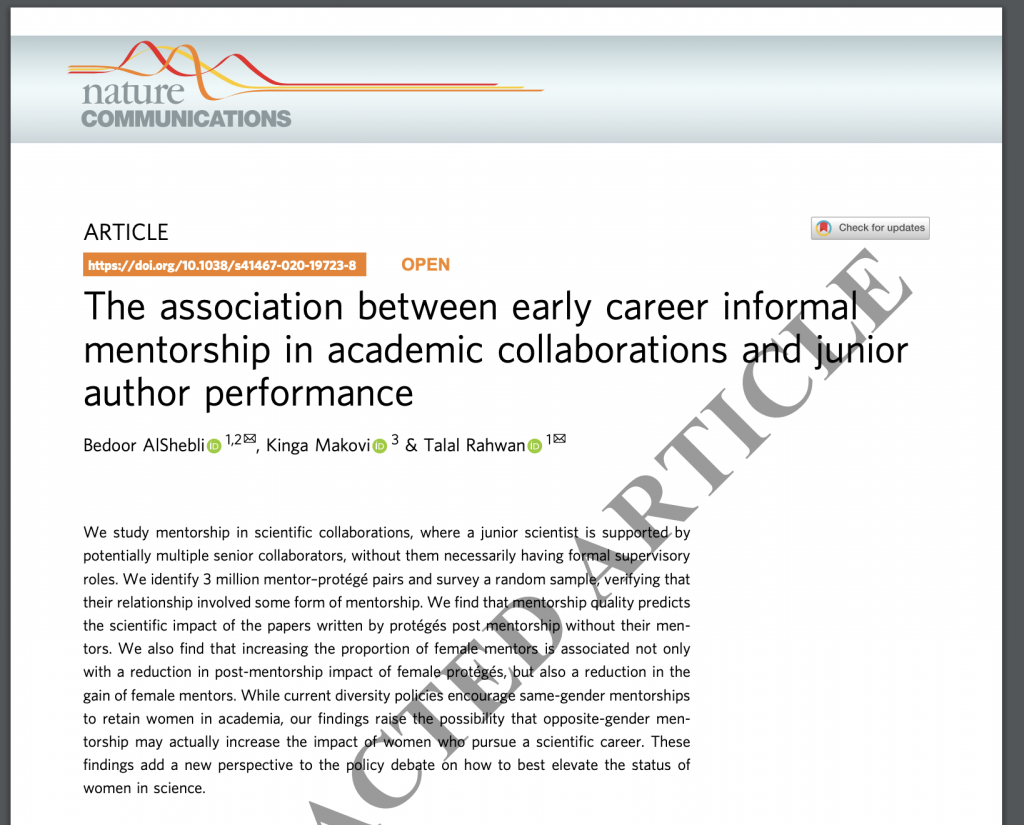
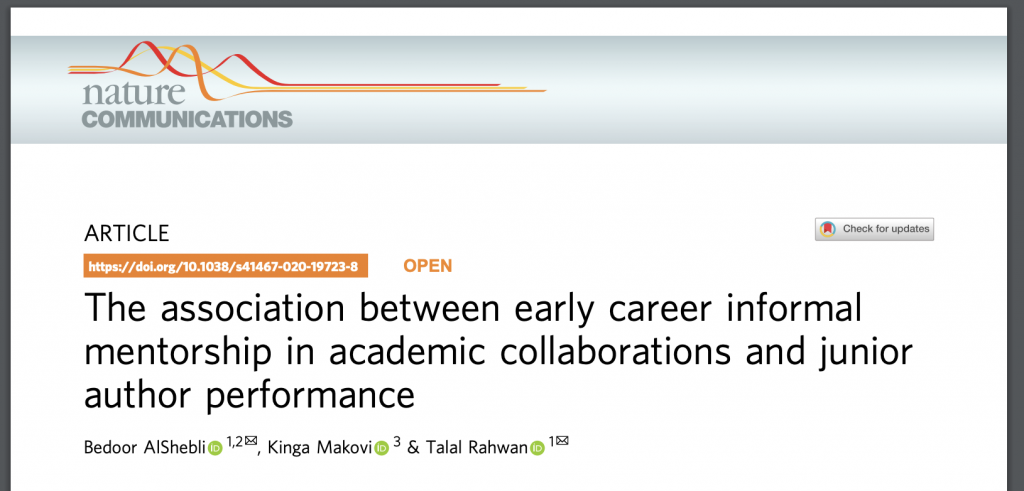
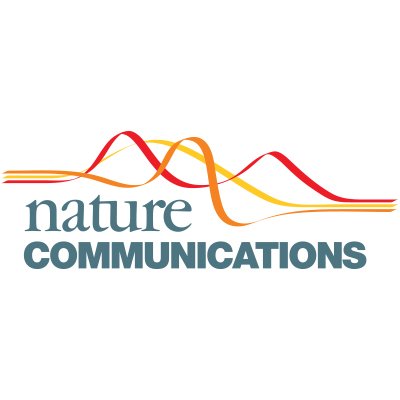 Imagine you’re a journal editor. A group of authors sends you a request to retract one of their papers, saying that “during figure assembly certain images were inappropriately processed.”
Imagine you’re a journal editor. A group of authors sends you a request to retract one of their papers, saying that “during figure assembly certain images were inappropriately processed.”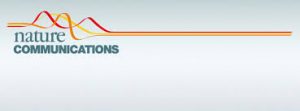



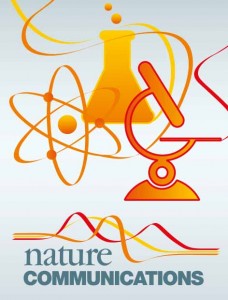 Nature Communications has issued an expression of concern for a 2014 paper by beleaguered surgeon
Nature Communications has issued an expression of concern for a 2014 paper by beleaguered surgeon 